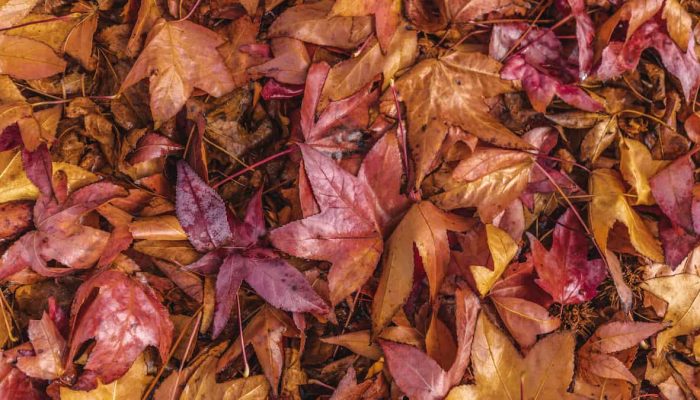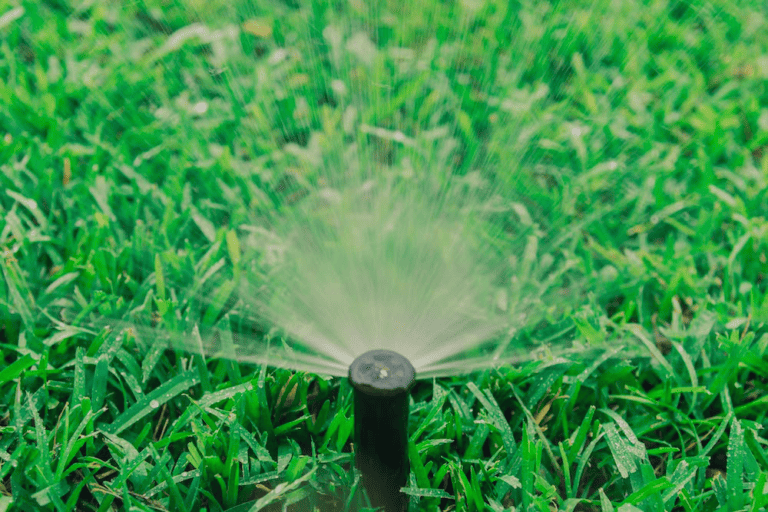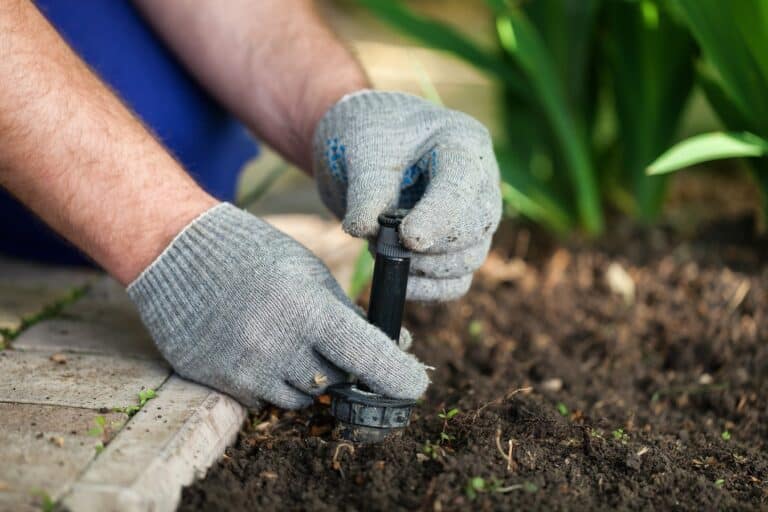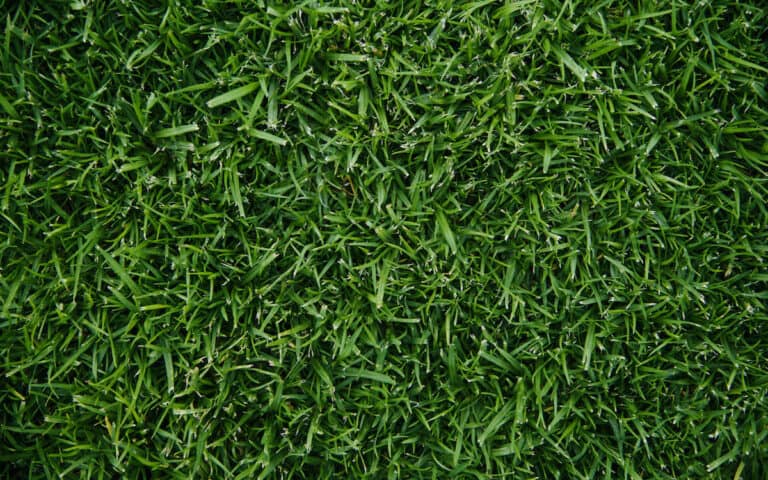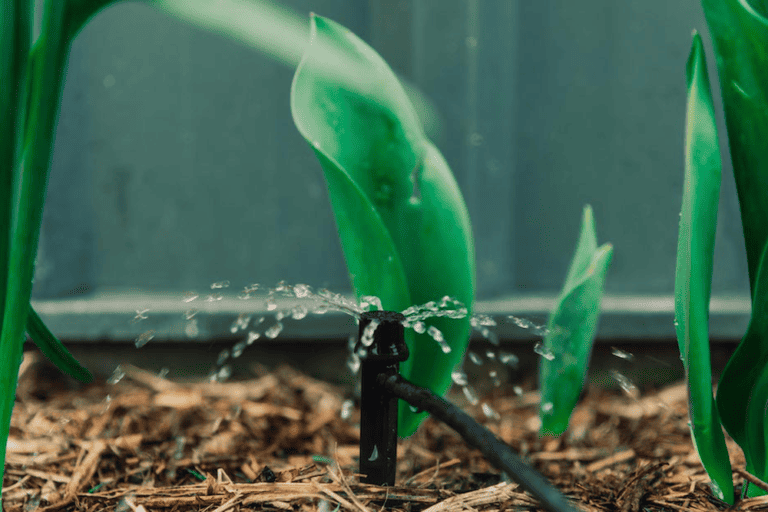As the chill of winter settles over Perth, many gardeners wonder if it’s the right time to feed their plants. With varying advice available, the question remains: should we use fertiliser in winter? The answer might surprise you. Proper fertilisation, especially during these cooler months, can set the foundation for a thriving garden come spring. In this article, we’ll delve into the benefits of winter fertilisation and offer guidance on how to make the most of this essential garden practice.
There is an increasing trend in the use of organic fertiliser. What are they? Essentially, they are fertilisers that are not using any chemical and that are. They are all natural and so better for the environment. You can find them at your local garden store: chicken or cow manure, organic compost like mushroom or most commonly used in the garden, mulch. Just to name a few.
So what do organic fertiliser do? Well, they provide a continuous feed of nutrients to our plants to sustain growth, strength, foliage and fruit production. They also help with water retention. The belief is that the best time to fertilise is in spring and summer when the plants are back from hibernation. But what about winter? Should we forgo fertilising in winter? Is that a good practice?
Well, let’s start with busting a myth here. Belief goes like this: Fertilising in winter is not a good idea and ineffective. Although it is true that most plants don’t necessarily need the extra boost right now, they can benefit from a fertiliser low in nitrogen but higher in potassium and iron to help them stay healthy, strong and green.
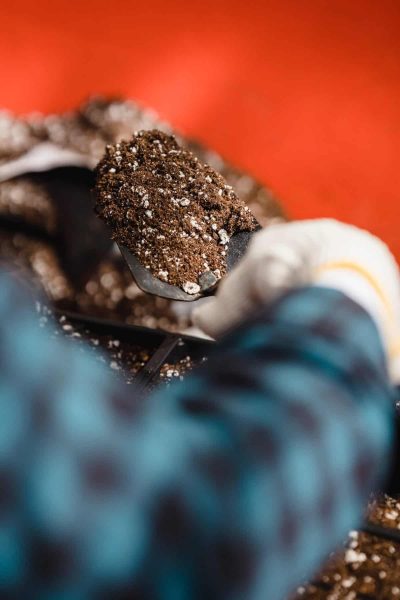
Thing is, when you are using the right slow release organic fertiliser, it is actually beneficial for your plants to get a dose of fertiliser in winter, especially your winter vegetable patches, spring flowering annuals and bulbs! These plants keep growing in winter and for them fertilising is important for their growth.
Why? Mostly because you are planning ahead for the Spring. Think further down the line. In spring and summer, the plants that you have carefully fertilised in winter come to life as the temperature rises and they tend to show bigger and better blooms.
The plants also grow stronger roots as well and they are ready for the change in season. These plants are strengthened and healthier and of course this makes them more disease resistant and productive. They can better tolerate drier conditions and hotter temperatures.
Definitely, fertilising in winter is a GOOD thing not only for Winter but for the warmer seasons. Take the time to mulch or use slow release organic fertiliser for the garden. Use the opportunity to help your plants thrive and stay strong during the colder days. Keep fertilising and see the results bursting in Spring and further down Summer. Happy fertilising!

